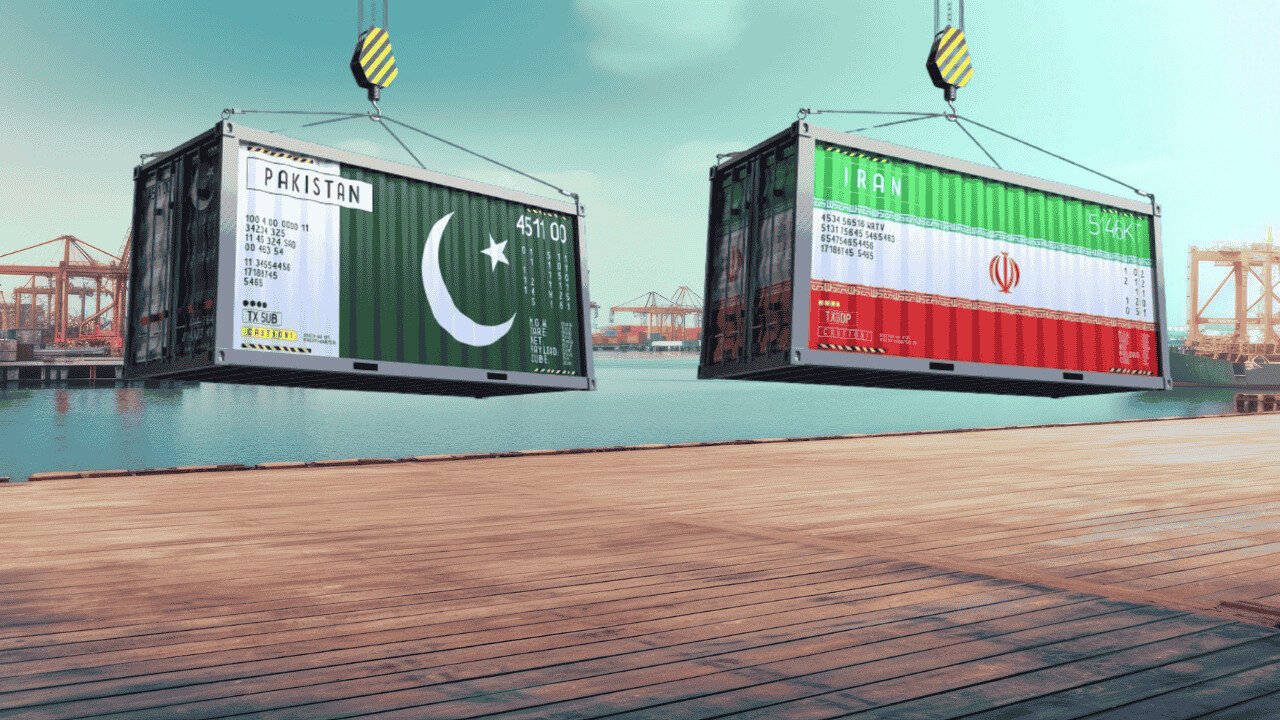By Abdul Ghani
When trucks carrying fuel crossed the Taftan border from Iran into Pakistan, the wait could stretch for days — not because of paperwork, but because samples had to travel all the way to Karachi for testing. That delay is now history.
Pakistan has moved the Hydrocarbon Development Institute of Pakistan (HDIP) laboratory to Taftan, a decision that promises faster trade, better quality control, and stronger ties with Iran.
Border Modernization and Trade Facilitation Measures
Officials say the relocation will allow on-site testing of hydrocarbons and related products right at the border. The move is part of a broader plan to modernize how Pakistan manages trade and energy at one of its busiest border crossings.
Pakistan Iran Border Trade Strengthens with New Reforms
According to documents reviewed by this reporter, the new setup will shorten clearance times, improve transparency, and make it easier for companies to do business.
The HDIP lab’s presence in Taftan is also expected to improve Pakistan’s compliance with international standards.
Digital Systems and Infrastructure Upgrades at Taftan
The relocation aligns with the government’s larger effort to upgrade border infrastructure. New systems such as WeBOC (Web-Based One Customs) and Pakistan Single Window (PSW) have been deployed to streamline import and export procedures.
With enhanced scanning, digital weighing, and round-the-clock operations, officials say trade monitoring will now happen in real time, making cross-border transport faster and safer.
Transloading facilities have also been added to allow goods to move directly from Iranian to Pakistani trucks.
Real-time tracking will help reduce delays, while the newly launched Green Channel at Taftan is speeding up the clearance of LPG consignments, giving a major boost to energy trade between the two countries.
In addition, upgrades at the National Logistics Cell (NLC) terminal have improved traffic flow and yard management, cutting down congestion and improving overall efficiency.
Experts Call It a Strategic Game-Changer
Speaking to this reporter, MNA Mirza Iftikhar Baig said the lab’s relocation is a “strategic game-changer.” He explained that the HDIP’s on-site testing will ensure petroleum and hydrocarbon products meet quality standards and support Pakistan’s expanding trade with Iran.
“These reforms show Pakistan’s commitment to regional trade efficiency, connectivity, and energy security,” Baig said, adding that Taftan is becoming a vital gateway for future economic cooperation between Islamabad and Tehran.
Ending Delays in Fuel Clearance
Until now, the HDIP’s petroleum testing facilities were based in Karachi, Lahore, and Islamabad. Samples from Taftan had to be sent to Karachi, causing long delays and increasing dwell time for fuel consignments. With the lab now operating directly at the border, those bottlenecks are expected to end, marking a new chapter in Pakistan-Iran trade relations.
Author Profile
-
Abdul Ghani is a sharp analyst focused on Pakistan's industrial transformation. His reporting reveals the textile sector's pivot from basic cotton to high-growth value-added apparel.
Ghani's work underscores the triumph of knitwear and garments in boosting exports, while warning policymakers to tackle energy costs to secure long-term global competitiveness.





